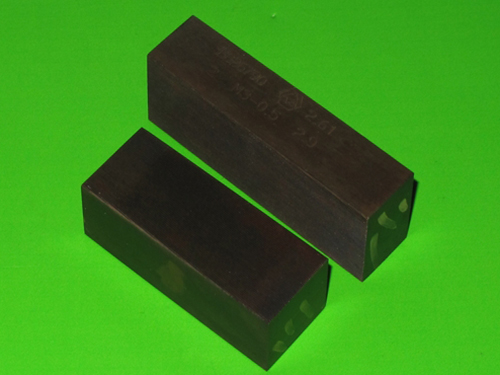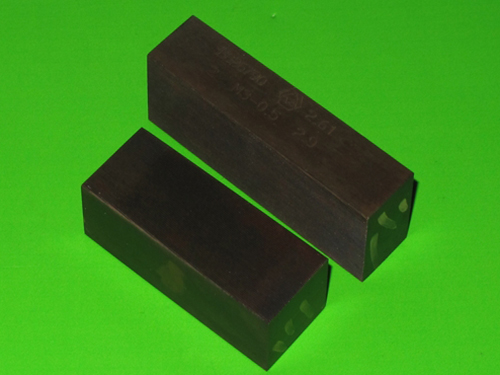There are many types of hardware fastener manufacturing materials. Among them, stainless steel fasteners are more textured in appearance, have better performance in strength, and have the advantages of corrosion resistance, easy manufacturing, and good welding. . Fasteners made of stainless steel can be electroplated or heat-treated to achieve better performance, and at the same time, they can be 100% recycled.
The fasteners use stainless steel as the material. It can be said that there are great advantages in all aspects of manufacturing, use or processing. Therefore, although the cost of stainless steel fasteners is relatively high, the cycle life is relatively short. But in the fastener solution, it is still a more economical one.
1. The use of nickel in fasteners
In the process of using stainless steel as a material for fasteners, it used to rely more on the use of nickel. However, as the global price of nickel has risen, the price of fasteners has also been greatly affected. In order to alleviate cost pressure and improve the competitiveness of fasteners, fastener manufacturers have specifically looked for alternative materials and produced low-nickel stainless steel fasteners.

2. The magnetic problem of stainless steel fasteners
If you use stainless steel as the main material for fasteners, you should also understand the magnetic problems of stainless steel itself. Stainless steel is generally considered to be non-magnetic, but in fact, austenitic series materials may appear to be magnetic after a certain processing technology. However, if magnetism is considered to be the standard for judging the quality of stainless steel fasteners, it is not precise.
When selecting fasteners, whether stainless steel materials are magnetic does not indicate their quality. In fact, some chromium-manganese stainless steels are non-magnetic stainless steels. Chromium-manganese stainless steel in stainless steel fasteners cannot replace the use of 300 series stainless steel, especially in high-medium corrosive working environments



